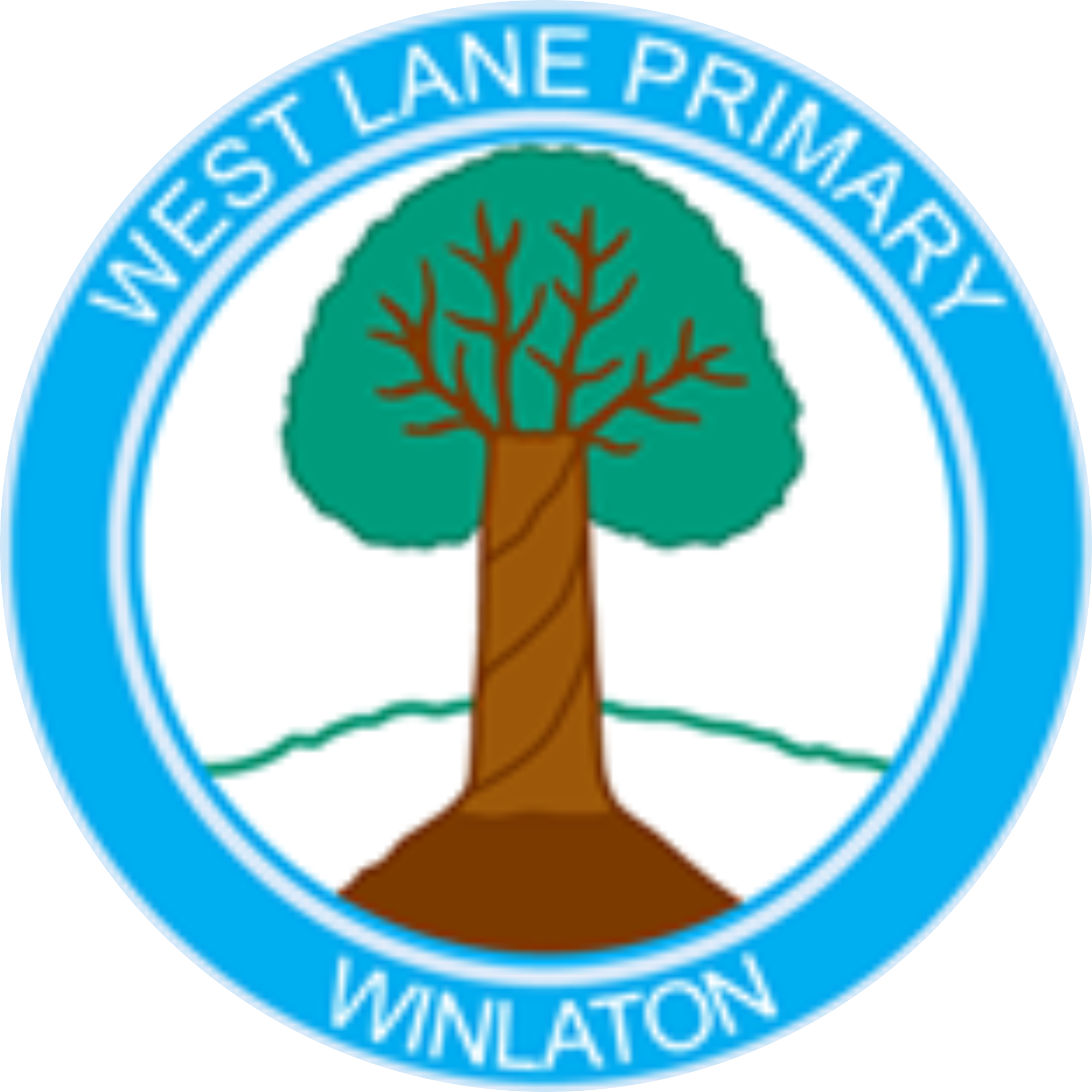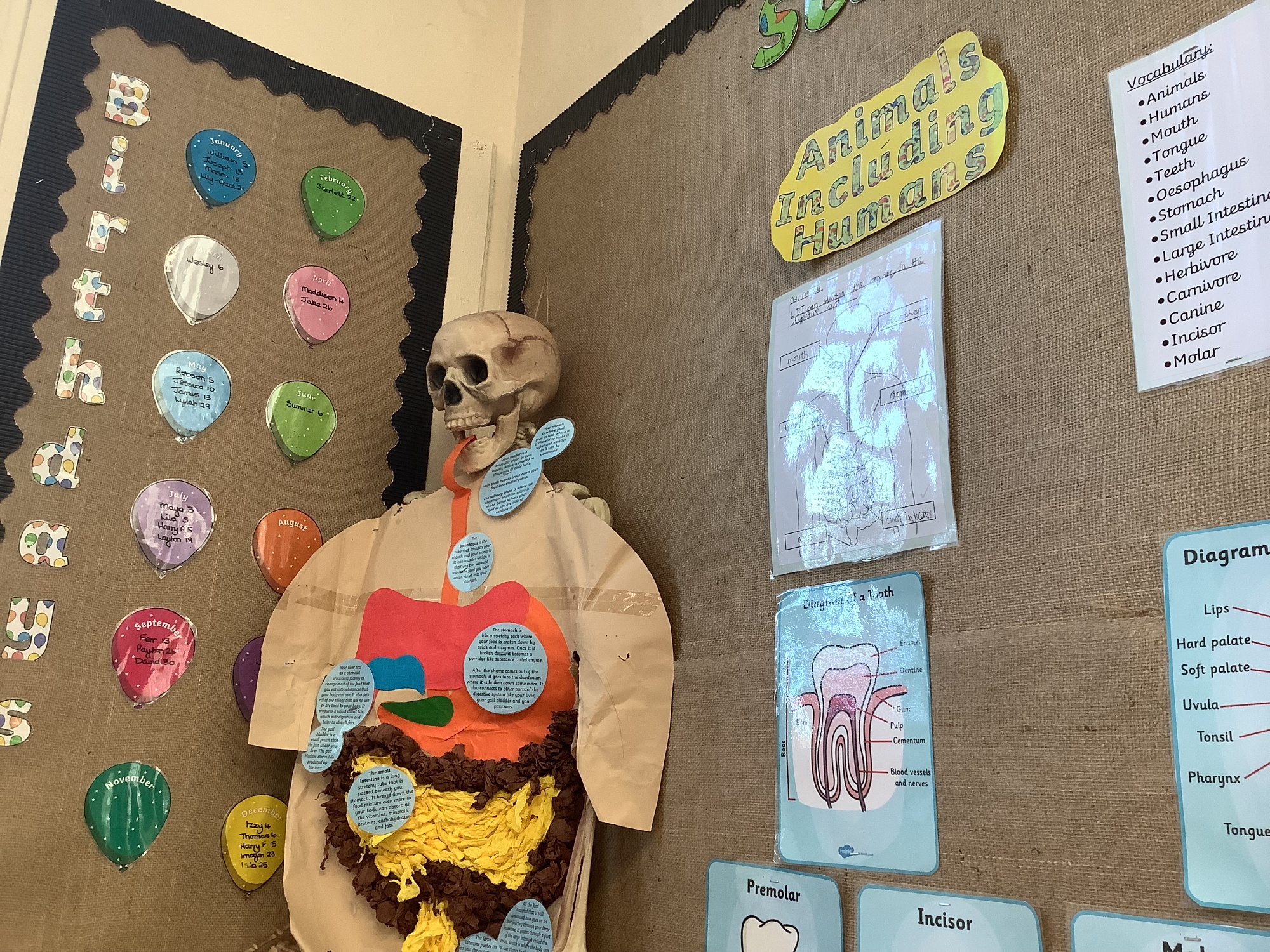Science
Intent
Science teaching at Winlaton West Lane Community Primary School gives all children a strong understanding of the world around them whilst acquiring specific skills and knowledge to help them to think and work scientifically, to gain an understanding of scientific processes and also an understanding of the uses and implications of Science, today and for the future. At Winlaton West Lane, scientific enquiry skills are embedded in each topic the children study and these topics are revisited and developed throughout their time at school; for example, topics, such as Plants, are taught in Key Stage One and studied again in further detail throughout Key Stage Two. This model allows children to build upon their prior knowledge and to develop their vocabulary in a systematic and progressive way, increasing their enthusiasm for the topics whilst embedding this procedural knowledge into the long-term memory. All children are encouraged to develop and use a range of skills including observations, planning and investigations, as well as being encouraged to question the world around them and become independent learners in exploring possible answers for their scientific based questions and lines of enquiry. Specialist vocabulary for topics is taught and built up, and effective questioning to communicate ideas is encouraged. Concepts taught are reinforced by focusing on the key features of scientific enquiry, so that pupils learn to use a variety of approaches to answer relevant scientific questions.
Implementation
Our teachers carefully plan our science curriculum to cover the knowledge and working scientifically objectives outlined for each year group using the National Curriculum, as well as ensuring knowledge is embedded through a cumulative approach that reinforces and extends previous years’ learning. To support teaching and learning in science, children will use a range of approaches:
- Frequent opportunities to work scientifically to make hypotheses and predictions, follow out a line of enquiry, included designing experiments, carrying out fair tests, considering variables and recording and interpreting results.
- The use of a range of materials to build and embed scientific knowledge, including the use of ICT for research and knowledge organisers (including key vocabulary to be mastered) where appropriate.
- A cycle of lessons for each subject, which carefully plans for progression and depth, including challenge for our more able scientists.
- Trips and visits from experts who will enhance the learning experience and the wider science curriculum.
Whole school events such as British Science Week to focus children’s attentions and aspirations on STEM skills and carers in STEM, exposing them to a wider range of career possibilities.
Impact
Our Science Curriculum is high quality, well thought out and is planned to demonstrate progression. Children enjoy our enquiry-based approach to science, and the opportunity to demonstrate and build on their previous knowledge.
We measure the impact of our curriculum using the following methods:
- Assessing children’s understanding of topic linked vocabulary before and after the unit is taught.
- Continuous assessment of pupil discussions about their learning.
- Images and videos of the children’s practical learning (recorded on Tapestry).
- Interviewing the pupils about their learning (pupil voice).
- Moderation staff meetings where pupils’ books are scrutinised and there is the opportunity for a dialogue between teachers to understand their class’s work.
- Annual reporting of standards across the curriculum.
- Marking of written work in books
Year 1
|
Topics Covered |
||||||
|
YEAR 1 |
Autumn 1 |
Autumn 2 |
Spring 1 |
Spring 2 |
Summer 1 |
Summer 2 |
|
Science
|
Everyday Materials |
Everyday Materials |
Animals Including Humans - Me |
Animals Including Humans – animals
|
Seasonal changes |
Seasonal changes |
Year 2
|
Topics Covered |
||||||
|
YEAR 2 |
Autumn 1 |
Autumn 2 |
Spring 1 |
Spring 2 |
Summer 1 |
Summer 2 |
|
Science
|
Everyday Materials |
Everyday Materials |
Animals including Humans |
Animals including Humans
|
Living Things, Plants |
Living Things, Plants |
Year 3
|
Topics Covered |
||||||
|
YEAR 3 |
Autumn 1 |
Autumn 2 |
Spring 1 |
Spring 2 |
Summer 1 |
Summer 2 |
|
Science
|
Rocks
|
Forces |
Animals Including Humans |
Animals Including Humans
|
Plants
|
Light |
Year 4
|
Topics Covered |
||||||
|
YEAR 4 |
Autumn 1 |
Autumn 2 |
Spring 1 |
Spring 2 |
Summer 1 |
Summer 2 |
|
Science
|
Animals including humans: Eating and Digestion |
Sound |
Electricity |
States of matter
|
Living things and their habitats |
Living things and their habitats-Conservation |
Year 5
|
Topics Covered |
||||||
|
YEAR 5 |
Autumn 1 |
Autumn 2 |
Spring 1 |
Spring 2 |
Summer 1 |
Summer 2 |
|
Science
|
Earth and Space
|
Forces
|
Property of Materials |
Changes of Materials
|
Animals including humans: human life cycle |
Living things and their habitats: animal life cycles |
Year 6
|
Topics Covered |
||||||
|
YEAR 6 |
Autumn 1 |
Autumn 2 |
Spring 1 |
Spring 2 |
Summer 1 |
Summer 2 |
|
Science
|
Living Things and Their Habitats
|
Evolution and inheritance |
Looking after the environment |
Electricity
|
Light |
Animals including humans: the body |

